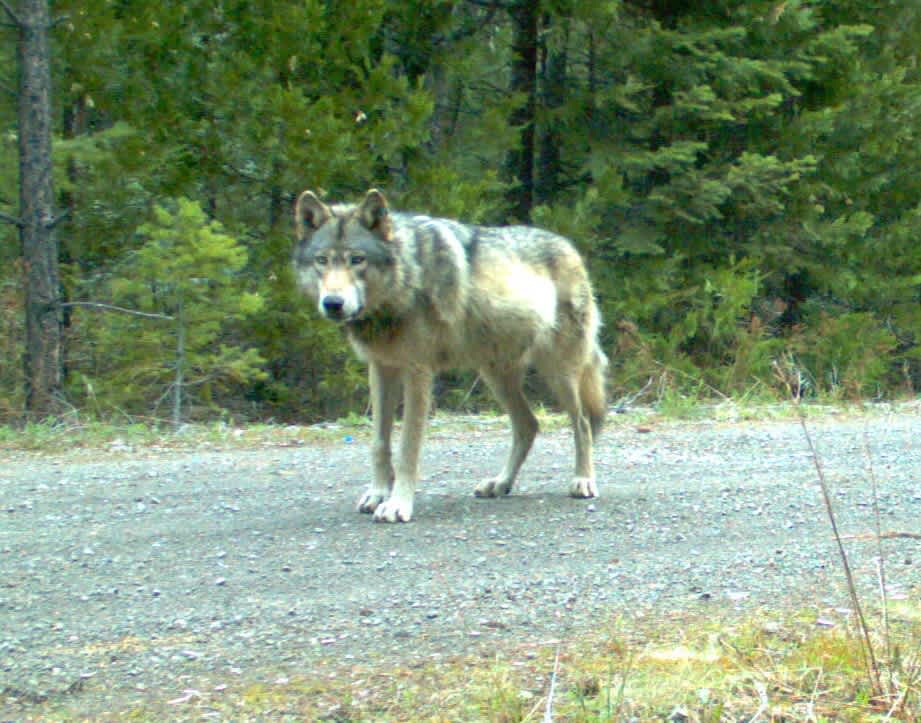“Rogue” Wolf Forms First Wolf Pack in Western Oregon
OutdoorHub Reporters 01.08.15

Oregon officials have confirmed that the state’s famous wandering wolf, OR-7, is now the leader of his own pack. The male gray wolf stepped into the spotlight between 2009 and 2011 when he traveled thousands of miles from northeast Oregon into California, becoming the first wolf to be seen in the Golden State since 1924. Recently, the wolf came back to Oregon with a mate in tow, and biologists reported seeing wolf pups last June. The pups were the first wolves to be born in Oregon’s southwest Cascade Mountains in nearly 70 years. The state Department of Fish and Wildlife officially began referring to the family as the Rogue Pack, named after the Rogue River drainage near the mountains. This designation means that at least two of OR-7’s pups have survived through to the end of 2014. As far as state officials know, the Rogue Pack is the first and only wolf pack in Western Oregon.
“It’s pretty significant that we have a pack of wolves in that part of the state, so far away from all the other known packs,” John Stephenson, wolf coordinator for the US Fish and Wildlife Service, told The Oregonian. “It’s likely to result in a lot more wolves in that general area as time goes on.”
Yet the Rogue Pack may not stay in the region for long. Experts said that the wolves may move into other parts or the state or even retrace the steps of OR-7’s journey and venture into California. So far the wolves seem to be staying well away from populated areas, and state officials have no records of livestock attacks by the fledgling pack. The Associated Press reported that the old GPS collar attached to OR-7—which gave the animal its name since it was the seventh wolf to be collared by biologists in Oregon—has stopped working. Biologists hope to replace it soon, or collar his mate or one of the pups later this year.
With the addition of OR-7’s pack, Oregon now has nine wolf packs in total. Under the state’s current management plan, four or more breeding packs could result in a proposal to remove the species from state Endangered Species protections, and possibly allow for hunting or other management options. However, federal law will still protect any wolves living in the Cascades.

